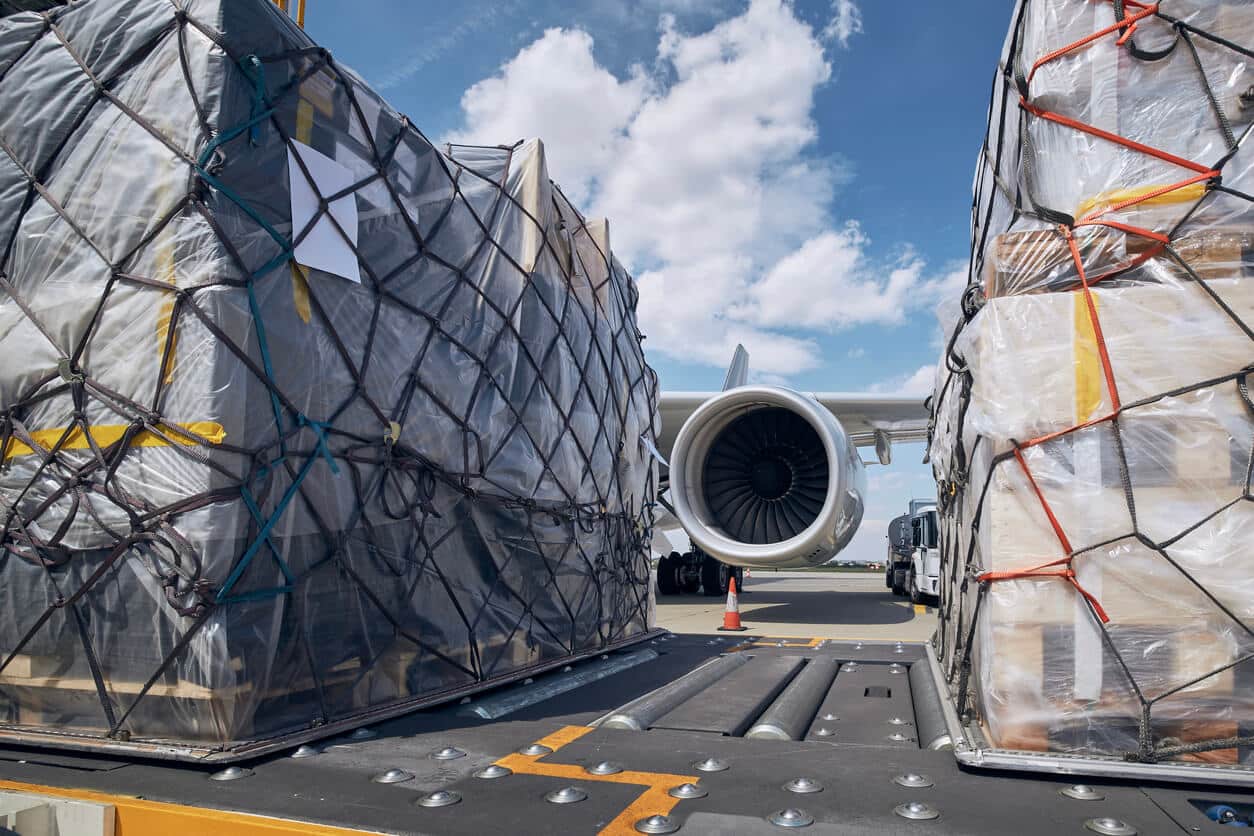Across Europe, supply chains are under constant pressure to move faster, comply with tighter regulations…
July 27, 2023
How strategic cost optimisation can deliver supply chain success
The global business landscape is shifting at an ever-increasing pace. To keep up businesses need to successfully implement supply chain strategies that can perform despite economic disruptions, climate change, and digital transformation.
A resilient solution to most supply chain challenges lies in cost optimisation. In this blog, we will discuss how cost optimisation can strategically deliver supply chain success and how partnering with the right logistics provider can further advance your performance and reduce your operational costs.

In today’s competitive business environment, companies face multiple challenges, including unpredictable consumer demand, inflation, long lead times, material shortages, and environmental risks. Meanwhile, they must continuously find innovative ways to drive growth and remain competitive.
Even three years after the pandemic, disruptions remain a persistent challenge. However, technology continues to advance rapidly, offering potential opportunities for the supply chain and logistics industries. From autonomous transport solutions and sustainable logistics approaches such as green fuels, to robotics process automation and advanced analytics, technology is reshaping the supply chain landscape. According to Statista, the global logistics automation market is projected to reach EUR 110.3 billion by 2027.
While ensuring supply of product continuity remains a primary objective, businesses must effectively balance growth and stability. The key lies in implementing cost optimisation strategies. By directing resources towards areas that deliver clear and measurable value, companies can enhance performance, increase efficiency, and achieve sustainable growth. Overall, technology plays a crucial role in achieving these objectives.
4 top areas to focus on in your cost optimisation strategy
Recent research from Zippia states that just 6% of companies demonstrate full visibility on their supply chain, while 69% have no visibility of their operations. Analysing and anticipating supply chain patterns help to improve risk management, making it easier to determine what areas need improvements and where to take targeted actions. In fact, risk management can boost up to 70% additional value by reducing costs (Gitnux, 2023).
So, where should businesses start? The answer is adopting a strategic logistics mindset and applying it to the whole business strategy. A logistics mindset involves continuous evaluation and pursuing the best solutions, using a data-driven approach to guide decision-making at every step. By focusing on optimising processes, operations, and workflows, companies can set a path towards high performance. Let’s see how.
Operations visibility – Gain visibility into your supply chain operations to identify risks and inefficiencies. By optimising your business’s supply chain, you can determine areas for improvement and take targeted actions. Enhancing inventory management, barcoding, and real-time tracking technology, along with efficient warehouse logistics solutions, can improve stock visibility and reduce waste and losses.
Cross-functional teamwork and operations – Encourage collaboration and communication among teams to identify roadblocks and opportunities. Integrating management systems will unlock efficiency and connectivity, saving time and labour on routine processes. By breaking down silos and promoting information exchange, businesses can streamline processes, leading to standardised and efficient operations.
Existing resources strategy: Maximise the use of available assets and supplies to achieve improvements without additional investments. Focus on stock inventory and shipping costs to make informed decisions on practices like Just-in-Time (JIT) orders, which align inventory levels with real-time demand. Prioritise staff training and development to reduce turnover rates and benefit from the expertise of a skilled workforce.
Partnering with the Right Logistics Provider: Collaborate with a logistics provider that uses advanced analytics to optimise inventory levels and maximise cost efficiency. They can suggest improvements in transportation methods, and provide value-added services like customs clearance and returns management logistics. Choosing an industry-specialist logistics provider ensures flexibility, customisation, and undivided attention to your specific needs, enhancing service quality and reducing disruption risks.
At Carousel, we believe in specialist expertise and flexible solutions for every industry we serve. From Agriculture to Material Handling Equipment, we offer knowledge and support tailored to your unique requirements. By working with us, you can maximise operational efficiency, refine costs, and drive growth while adapting to market fluctuations and consumer demand.
Cost optimisation is critical for businesses aiming to grow and adapt to the current market. Partner with us to achieve growth and operational excellence in your supply chain.


